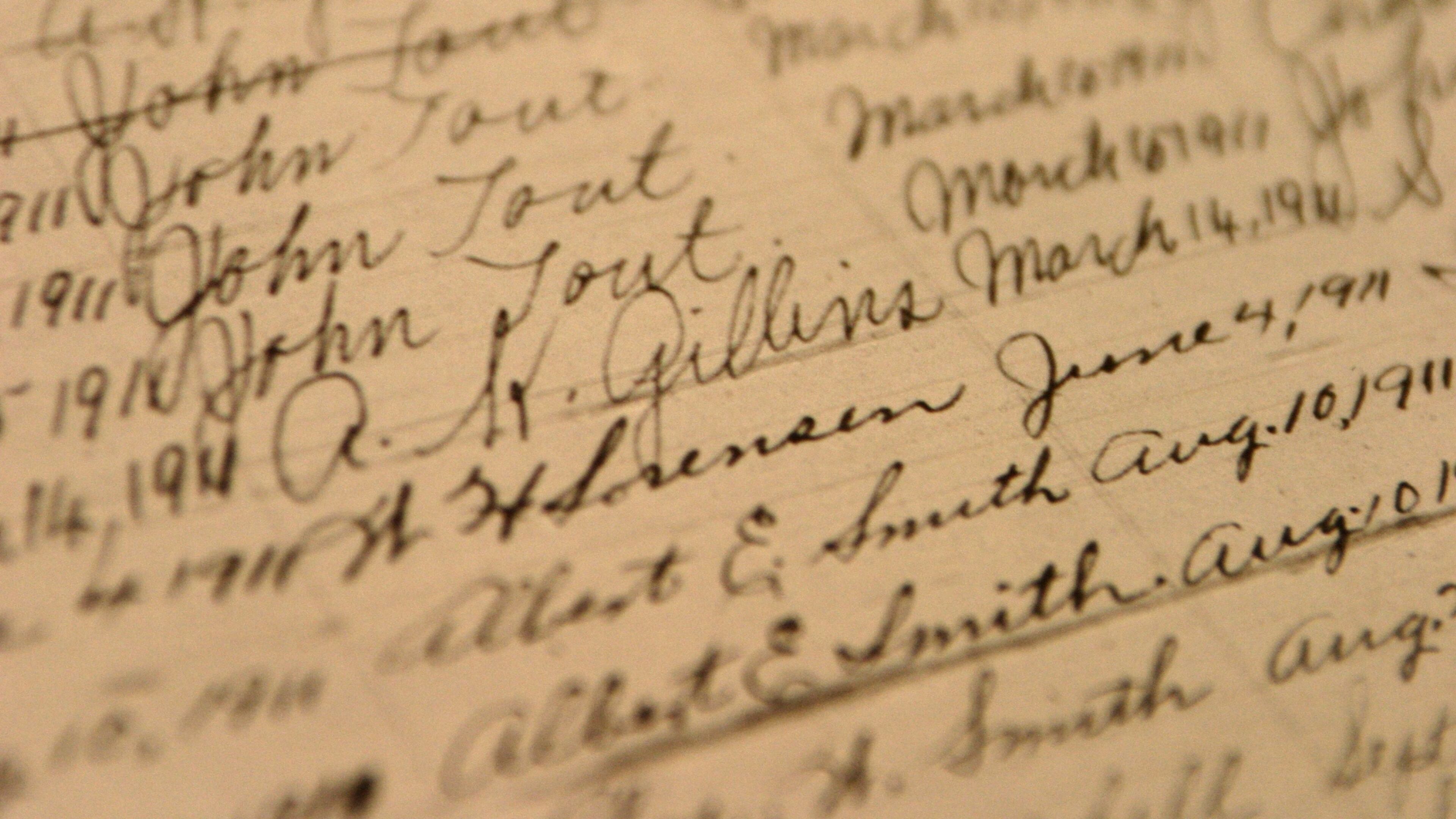National Archives provide many research features

The National Archives is headquartered in Washington, D.C., with satellite locations nearby, as well as 14 regional branches across the United States, including one in Morrow, next to the Georgia Archives.
Many of the research guides are now free as PDFs, see archives.gov/publications. Check “Genealogy” first, then the history topics. Those downloadable include “Black Family Research,” “Military Service Records,” “Land Entry Files,” and many more. They also now have a “History Hub” at historyhub.history.gov that provides experts who help with research questions as well as interaction with other patrons. It is worth a try.
The Genealogical Institute on Federal Records is a week-long program held every year in July at the National Archives and includes expert lecturers and inside looks into all aspects of the national holdings, with evening orientations to other libraries in the area such as the Library of Congress and the DAR Library. For more info, see Gen-Fed.org.
Mexican War Database
Now that it has completed fundraising to digitize the War of 1812 pensions, the Federation of Genealogical Societies (FGS.org) has moved on to the Mexican War (1846-1848).
A free, searchable database has been created in conjunction with the Palo Alto Battlefield National Historic Park in Brownsville, Texas. This will be used to tell the stories of the 130,000 men who served in the U.S-Mexican War. Descendants will be able to connect and add their information to this database. Go to USMexicanWar.org to research anyone you know who served and to see opportunities to volunteer for assisting in completing the indexing of these records, now well underway. This is being done in conjunction with FamilySearch.org via its Indexing app.
Old card catalogs, don’t forget to check them
While card catalogs to find books in a library are all gone, there could be other card catalog indexes at archival institutions and historical societies that are valuable tools for your research. The New York Genealogical and Biographical Society featured this in its winter 2016 “The New York Researcher” with the subheading “Treasures Not Found in Online Catalogs.” If this esteemed institution can devote five pages to those card catalogs to not overlook in the New York City area, you need to ask about them where you do your research. These older catalogs could index local obituaries or old subject files.
Contact Kenneth H. Thomas Jr., P.O.Box 901, Decatur, GA 30031 or gagensociety.org.

